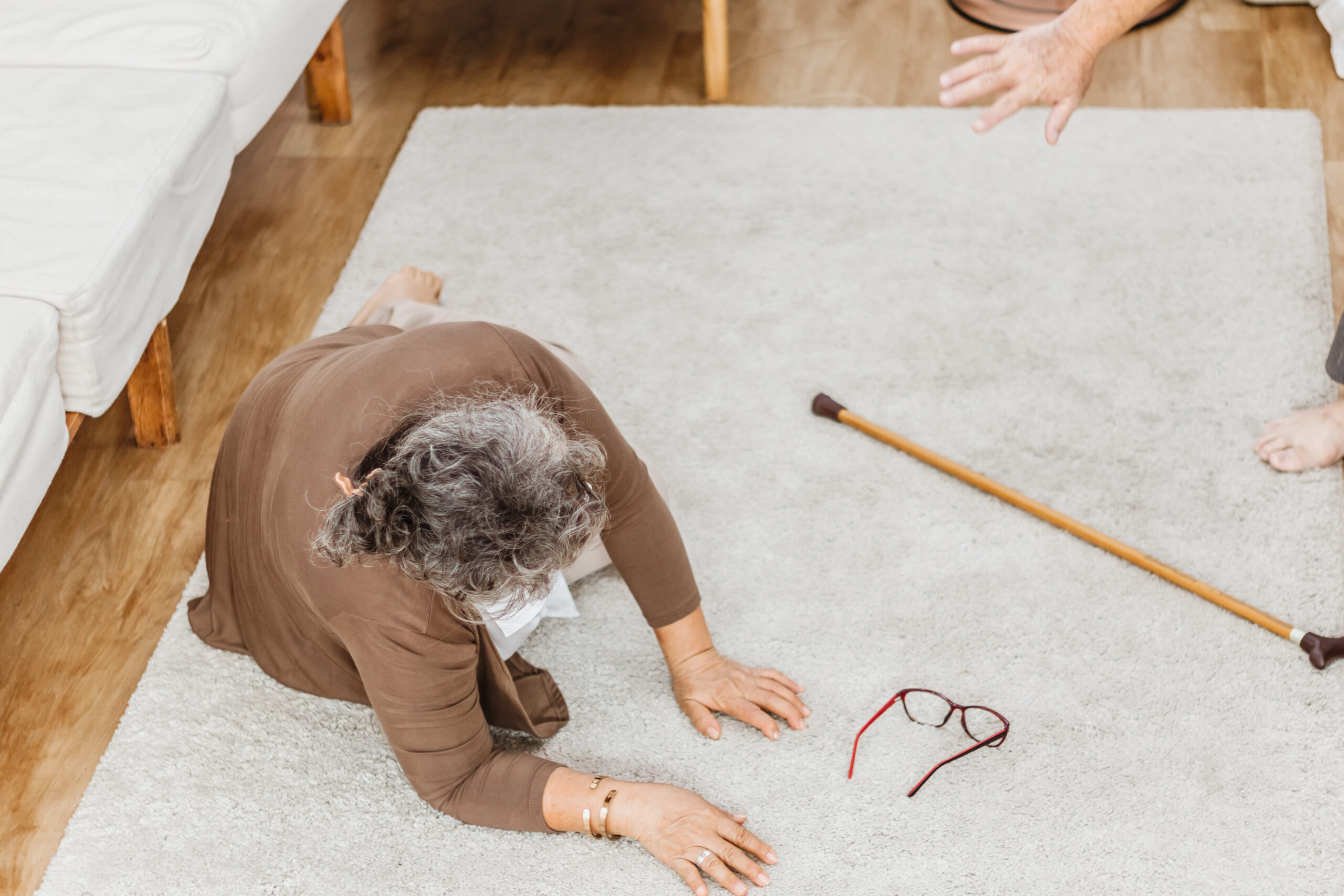Why gloves and wipes aren’t enough: The real risks of fecal bacteria
Gloves and wipes might seem like a solid defense against germs, especially fecal bacteria, but they’re often not enough to keep you truly safe. Here’s why relying solely on these tools can leave you exposed to real health risks.
## The Hidden Danger of Fecal Bacteria
Fecal bacteria come from human or animal waste and can carry harmful pathogens like norovirus, Cryptosporidium (Crypto), Listeria, and other viruses or bacteria that cause stomach illnesses. These germs are tricky because they spread easily through contaminated surfaces, food, water, and even close contact with infected people.
## Why Gloves Aren’t a Magic Shield
Wearing gloves might feel protective at first glance. However:
– Gloves can have tiny holes or tears that let bacteria through.
– If you touch your face or other surfaces with contaminated gloves, you spread germs just as if your hands were bare.
– Taking off gloves incorrectly can transfer fecal bacteria onto your skin.
– Gloves don’t replace the need for handwashing; clean hands before putting them on and after taking them off are crucial[1][4].
## Wipes Alone Don’t Cut It
Disinfectant wipes help remove some germs from surfaces but aren’t foolproof:
– Not all wipes kill every type of fecal pathogen. For example, norovirus is resistant to many common disinfectants; it requires bleach-based cleaners approved by the EPA for effective removal[4][5].
– Wipes may miss spots if used hastily or improperly.
– Surfaces touched frequently—like doorknobs and light switches—can harbor viruses for days unless thoroughly cleaned[4].
## The Real Solution: Handwashing & Proper Cleaning
The most effective way to protect yourself from fecal bacteria is washing your hands thoroughly with soap and water for at least 20 seconds at key times—after using the bathroom, before eating or preparing food, after changing diapers or cleaning up messes[1][2][4]. Alcohol-based hand sanitizers don’t work well against many fecal pathogens such as Crypto and norovirus.
Additionally:
– Clean fruits and vegetables under running water before eating[3][4].
– Cook foods properly to kill harmful microbes like Listeria[3].
– Use EPA-approved disinfectants or diluted bleach solutions when cleaning areas contaminated by feces or vomit[4][5].
## Bottom Line
Gloves and wipes are helpful tools but only part of a bigger hygiene picture. Without proper handwashing with soap and water plus thorough cleaning using the right disinfectants, you remain vulnerable to infections caused by fecal bacteria. Good hygiene habits combined with smart cleaning practices offer real protection—not just surface-level fixes.





